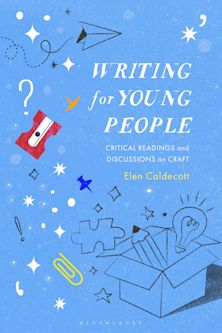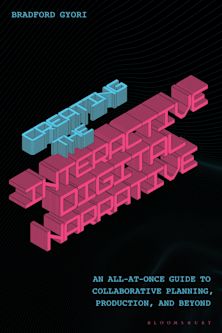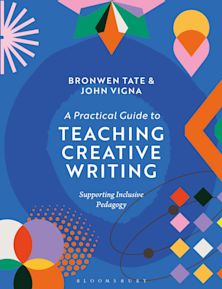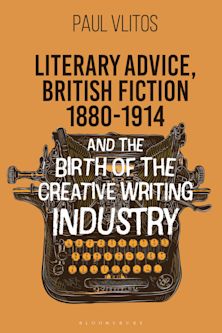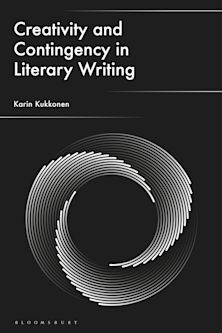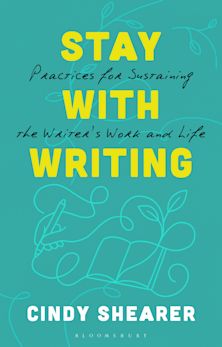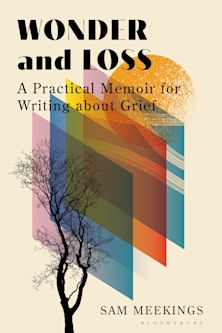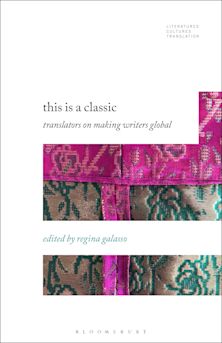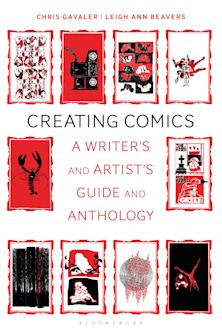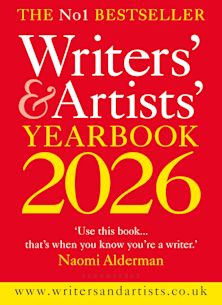Reading and Writing for Change
Theories and Tools for Confronting Power
Reading and Writing for Change
Theories and Tools for Confronting Power
Description
How can creative writers and readers be active agents in fighting social injustices?
With many writers oblivious to how their writing may actually uphold the very problems they seek to undo, this book both assists writers to identify the unrecognized connections between creative writing and processes of power, and equips them with the knowledge to produce works that project kindness and change. Beginning with an exploration of literature's connections with power and focusing on social voice, representation and whose stories are told, the book moves on to emphasize how stories are told, highlighting the political implications in textual presentation and prevalent standards for judging literary merit. Considering how power operates in, through and around stories at the level of form, structure, and narrative order but also through grammar, style, and figurative language, author Amelia Walker outlines strategies for analyzing texts that draw on theories from Indigenous studies, literary criticism, philosophy, cultural studies, education, journalism, and creative writing theory.
Featuring writing and reading activities that translate important theories into practical craft tools, Reading and Writing for Change builds ideas for writers and readers seeking to unbalance the dynamic between literature and power in support of change and to disrupt the status quo and imagine life differently.
Table of Contents
1. Introduction
2. On story, narratives, metaphor, and thinking: reigniting forgotten connections
3. Disentangling power from privilege, capital, and hegemony
4. Story and ideology: how power operates with and in texts that reflect and reinforce existing injustices
5. Towards agency through stories as re-presentation and poiesis as re-creation
6. Whose stories matter? How literary canons regulate access to creative writing as an Arendtian 'space of appearance'
7. Strategies of 'writing back' to destabilise canonical power
8. Not just who, but how: literary aesthetics and notions about merit as sites of struggle
9. Story and the 'politics of aesthetics' on macro levels: form, structure, and narrative order
10. Story and the 'politics of aesthetics' on micro levels: grammar, style, and figurative devices
11. Risks of recuperation and the need for ongoing self-revaluation in and through creative writing, story, and poiesis
12. To be continued: new directions in and for creative writing as a site of struggle
Appendix one: glossary of terms used in specific ways within this book
List of Works Cited
Product details

| Published | 21 Aug 2025 |
|---|---|
| Format | Ebook (Epub & Mobi) |
| Edition | 1st |
| Extent | 256 |
| ISBN | 9781350450424 |
| Imprint | Bloomsbury Academic |
| Illustrations | 15 bw illus |
| Publisher | Bloomsbury Publishing |
Reviews

ONLINE RESOURCES
Bloomsbury Collections
This book is available on Bloomsbury Collections where your library has access.













